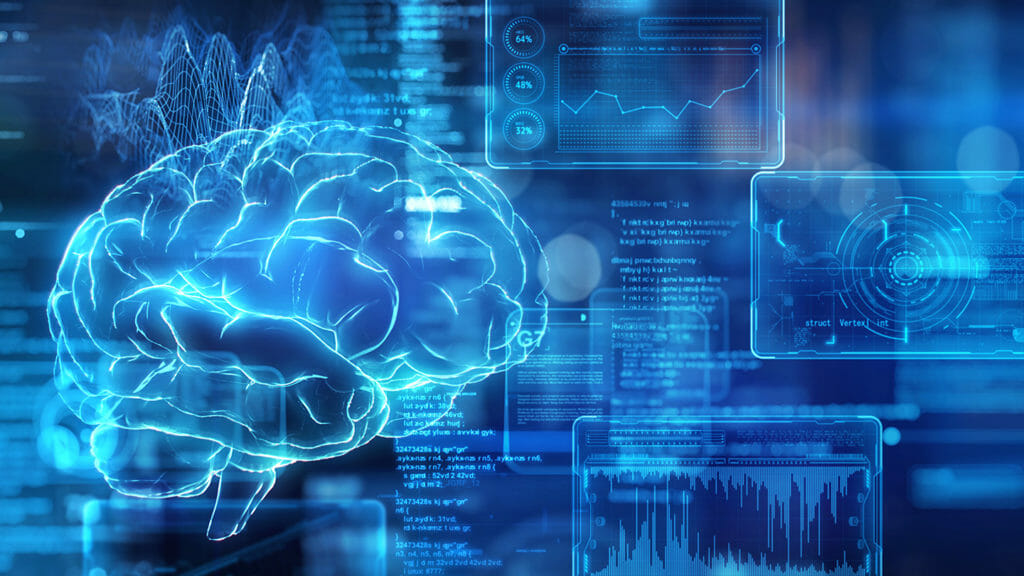
Many artificial intelligence tools in healthcare have been aimed at providing information to patients. But new advancements could foster communication between AI and clinicians.
New AI capabilities from Google could come about as a result of merging language-learning models and those that train on medical imaging like x-rays and mammograms.
Doctors soon could be able to discuss care options and conclusions with AI as if they were talking to a “colleague,” Google claims.
The Med-PaLM 2, scored approximately 85% on medical licensing exams, Google claims in a video.
Despite intriguing possibilities, no studies have proven that Google’s tools, or any others, are advanced enough to provide meaningful interactions for caregivers, a STAT News story warns.
In fact, the idea that doctors would trust AI like fellow doctors is quite a leap considering the public at large — including older adults — don’t trust AI to operate as such.
The ability for AI to train on all kinds of medical data, from health records to imaging to lab results, however, does point to continued development of important uses.
On its web page describing their healthcare AI innovations, Google acknowledged that more research was needed to evaluate the tool for safety and bias, although it will be available to select users for testing purposes in the coming months.
Within healthcare spaces, the most universally accepted uses for AI involve supplementing administrative roles in order to reduce staff burnout. OSF Healthcare is using a tool to help adjust work schedules for cancer nursing staff, while a pilot program at UNC is letting staff quicker access to reference materials and documents.


